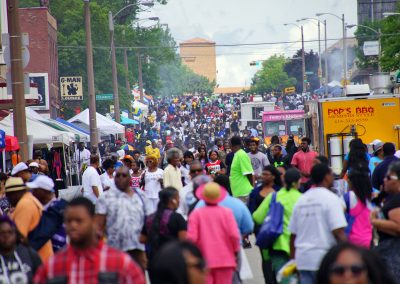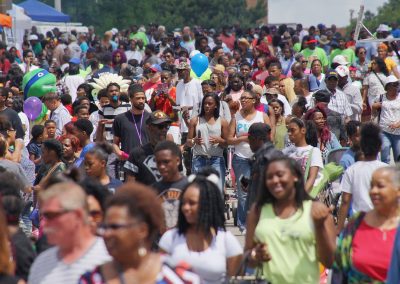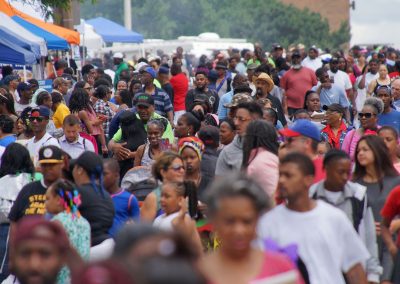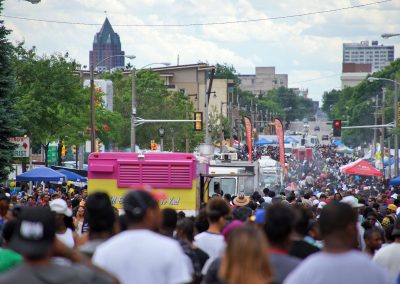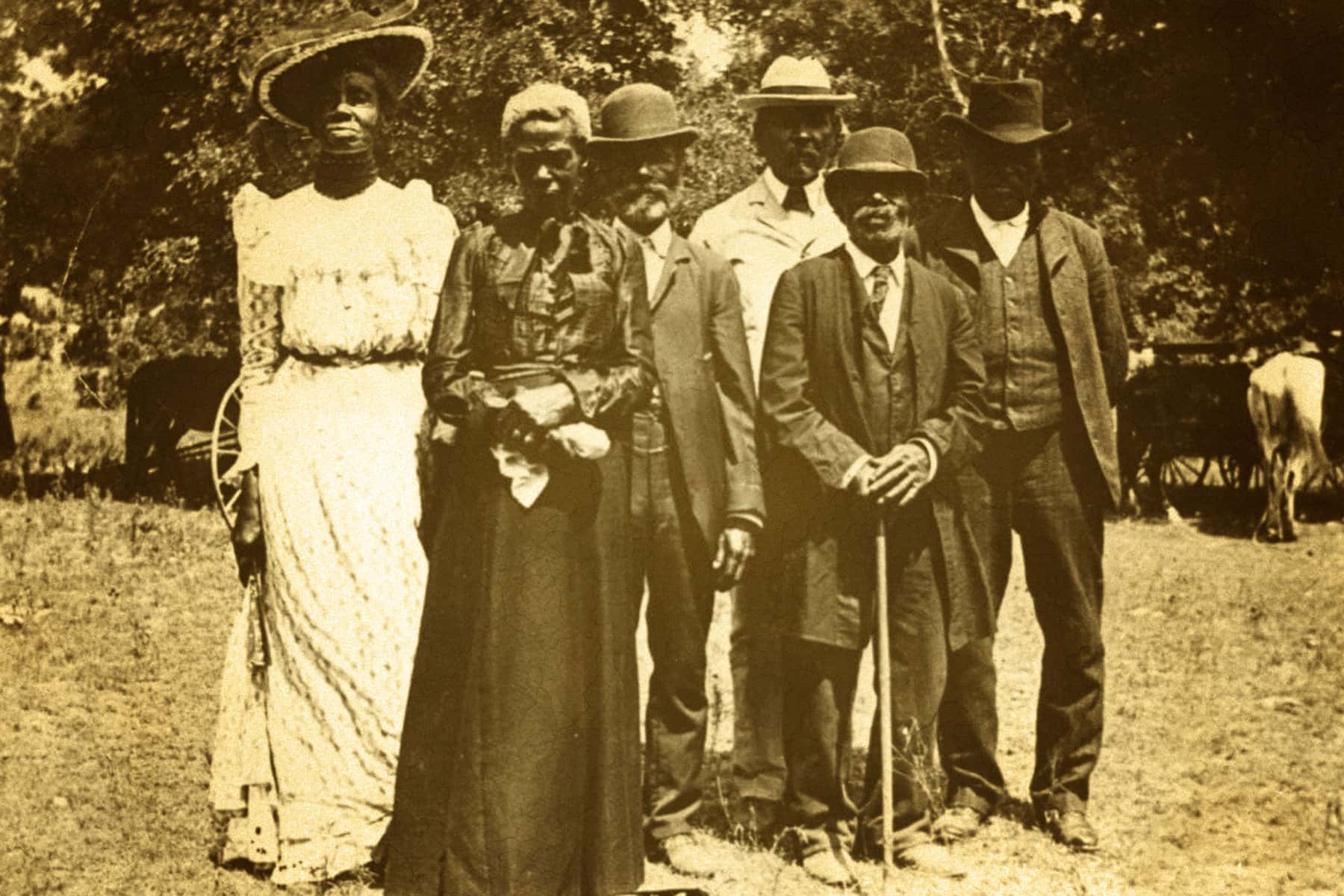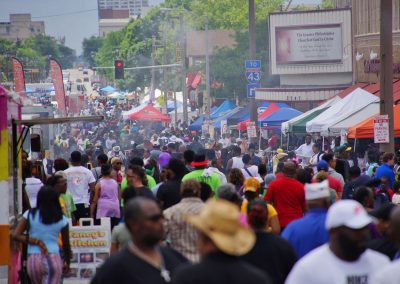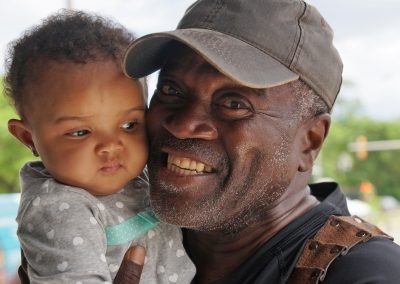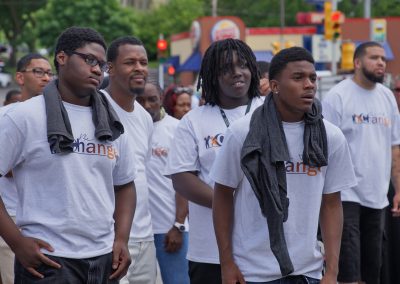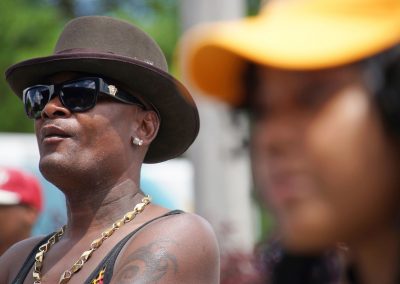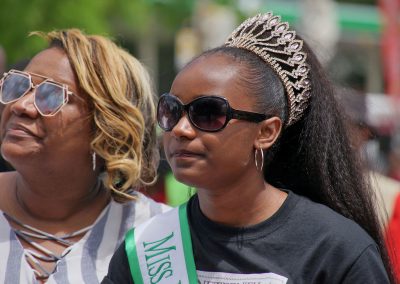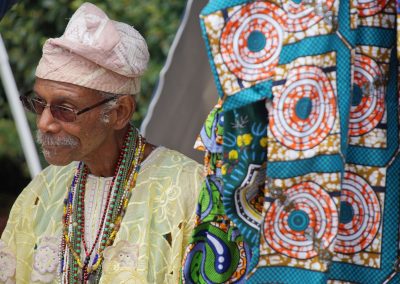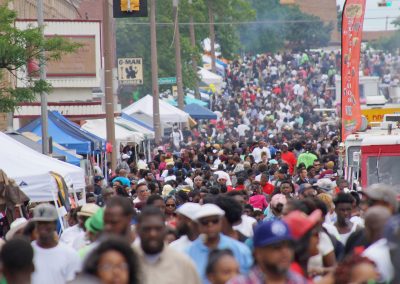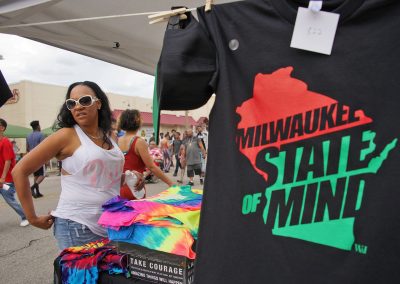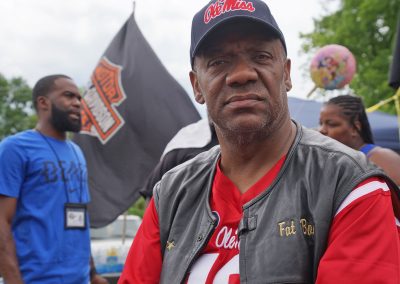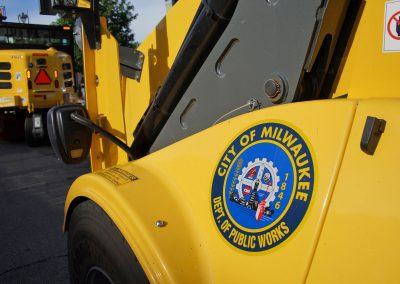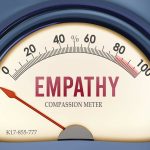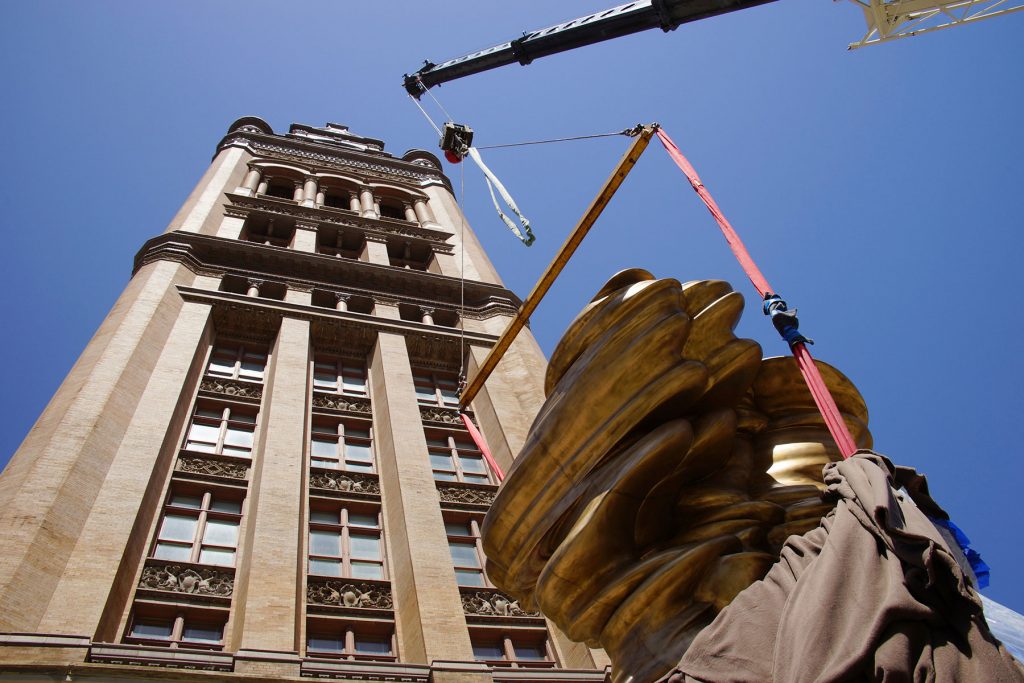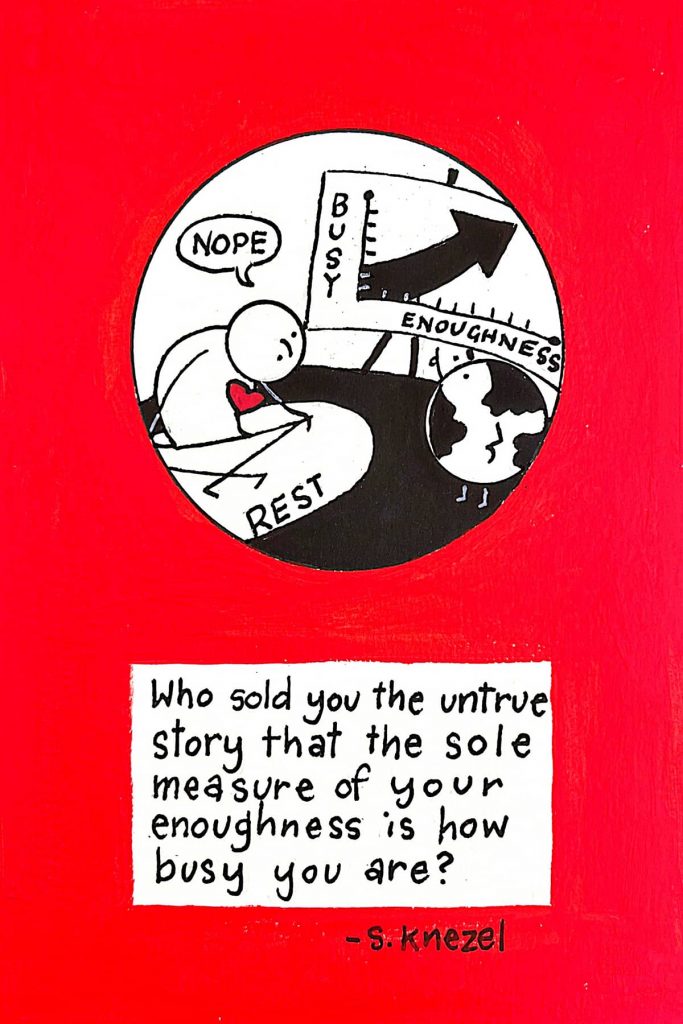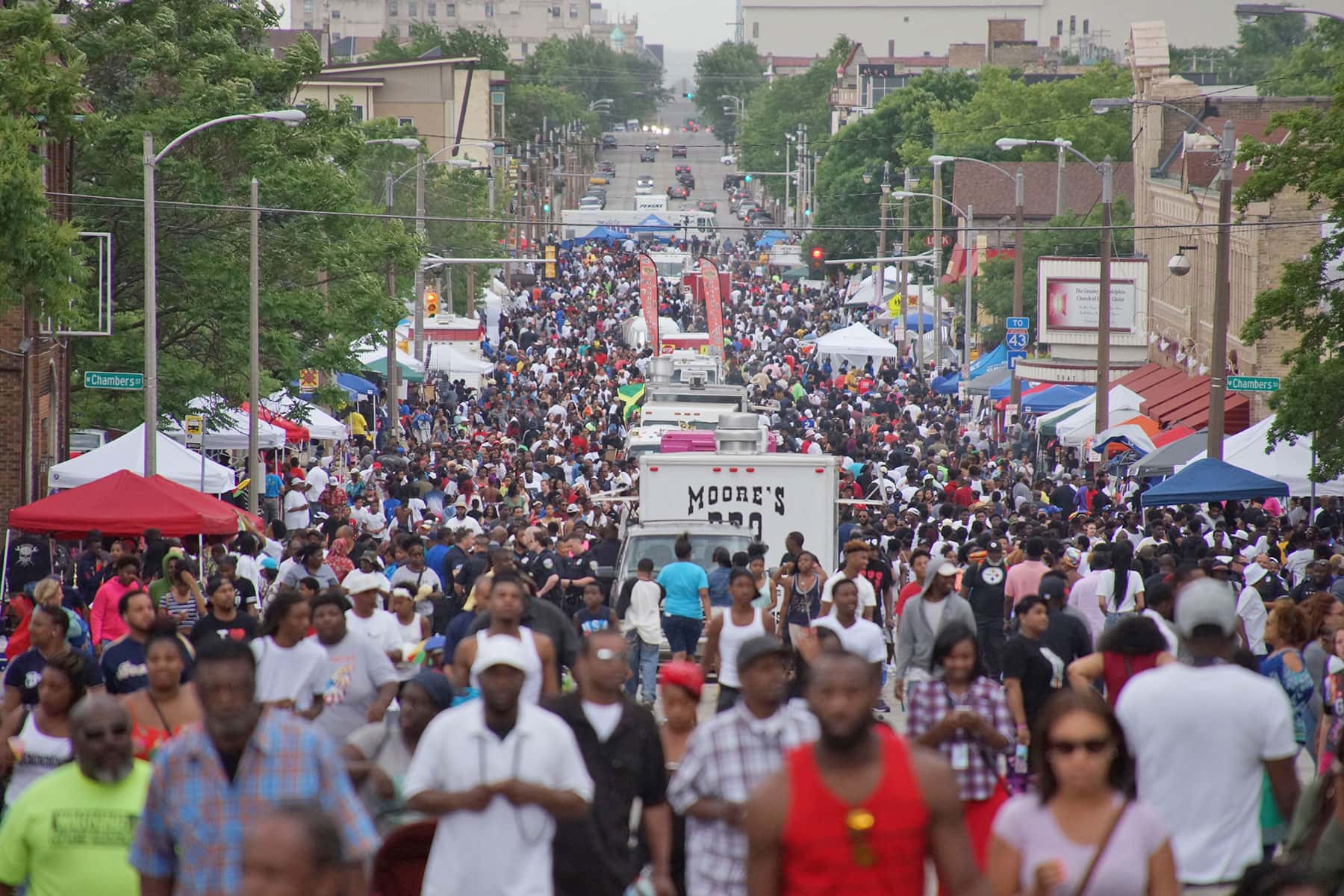
The Milwaukee community gathered on June 19 to celebrate Juneteenth Day for the 46th consecutive year.
The holiday commemorates the abolition of slavery in the United States, resulting from the Emancipation Proclamation in 1863. The observance comes from the last American territory in Texas to relinquish its system of defining people of color as property. News of the Presidential order did not reach the community of Galveston until 1865, over two and a half years later, when Major General Gordon Granger arrived on June 19 with his troops to force the locals to comply with the federal directive.
“That two and a half years from the Emancipation Proclamation to June 19, 1865 was a long time for the news to be delivered. But not as long as the nearly 89 years it took from July 4, when a country was founded supposedly on the principle that ‘All Men Are Created Equal’ but found men, women, and children were still in chains,” said Milwaukee Alderman Nik Kovac. “We’ve always had ideals in this country, but we often don’t meet them. When we all celebrate the 4th of July in two weeks, we should talk about Juneteenth Day too. That should be part of our 4th of July speeches.”
The 4th of July celebrates the founding of America, as 13 united colonizes. It was “conceived in Liberty and dedicated to the proposition that all men are created equal,” as noted in President Abraham Lincoln’s Gettysburg Address.
“On June 19, Americans celebrate the end of the horrific system of slavery in the United States. It has been 152 years since word of emancipation reached Texas, the last state in the union to free its slaves,” said U.S. Congresswoman Gwen Moore. “Yet, in our country, those from communities of color are still subject to vestiges of slavery in the form of deeply rooted racism and discrimination. While it is essential to celebrate the progress we have made in making America a more equitable and just place to call home, it is critical to continue to fight existing systems of oppression and injustice.”
The Thirteenth Amendment to the United States Constitution fulfilled the vision of the nation’s founding fathers. The Revolutionary War had been fought for freedom from England. The Civil War was fought for freedom from enslavement.
As author and historian of the American Civil War, Shelby Dade Foote, Jr. explained in his Ken Burns interview, “Before the war, it was said the United States are as a collection of independent states. And after the war, it was the United States is.” The surrender by General Lee meant a transition from the plural to the singular.
While America pays respect to the fallen soldiers from both sides of the Civil War with Memorial Day, no such national holiday honors the end of slavery. Juneteenth is the only holiday that comes close to this recognition at a lesser level. It is a legal state holiday in Wisconsin, but not one that allows citizens a holiday from work. America celebrates Labor Day in tribute to the hard work that build America, yet the labor of slaves for generations drove the country’s economic engine.
According to Peggy McIntosh, whites in Western societies enjoy advantages that non-whites do not experience, as “an invisible package of unearned assets.” Academic perspectives use the concept to analyze how racism in societies affect the lives of people based on their skin color.
“If a traffic cop pulls me over or if the IRS audits my tax return, I can be sure I haven’t been singled out because of my race. We usually think of privilege as being a favored state, whether earned or conferred by birth or luck. Yet some of the conditions work systematically to overpower certain groups. Such privilege grants dominance to individuals because of their race or gender,” wrote McIntosh in her famous essay. “In unpacking this invisible knapsack of white privilege, I see a pattern of assumptions that were passed on to me as a white person. There was one main piece of cultural turf, it was my own turf, and I was among those who could control the turf. My skin color was an asset.”
The annual Thirteenth celebration was organized by the Northcott Neighborhood House and its director, McArthur (Mac) Weddle. The day-long festival kicked-off with a parade and activities included games, exhibits, soul food, and music.
“If we are not honest about our past and current hypocrisies, then we will never have a chance of ever living up to our ideals,” said Alderman Kovac. “If any one of us are in chains then none of us are free.”

